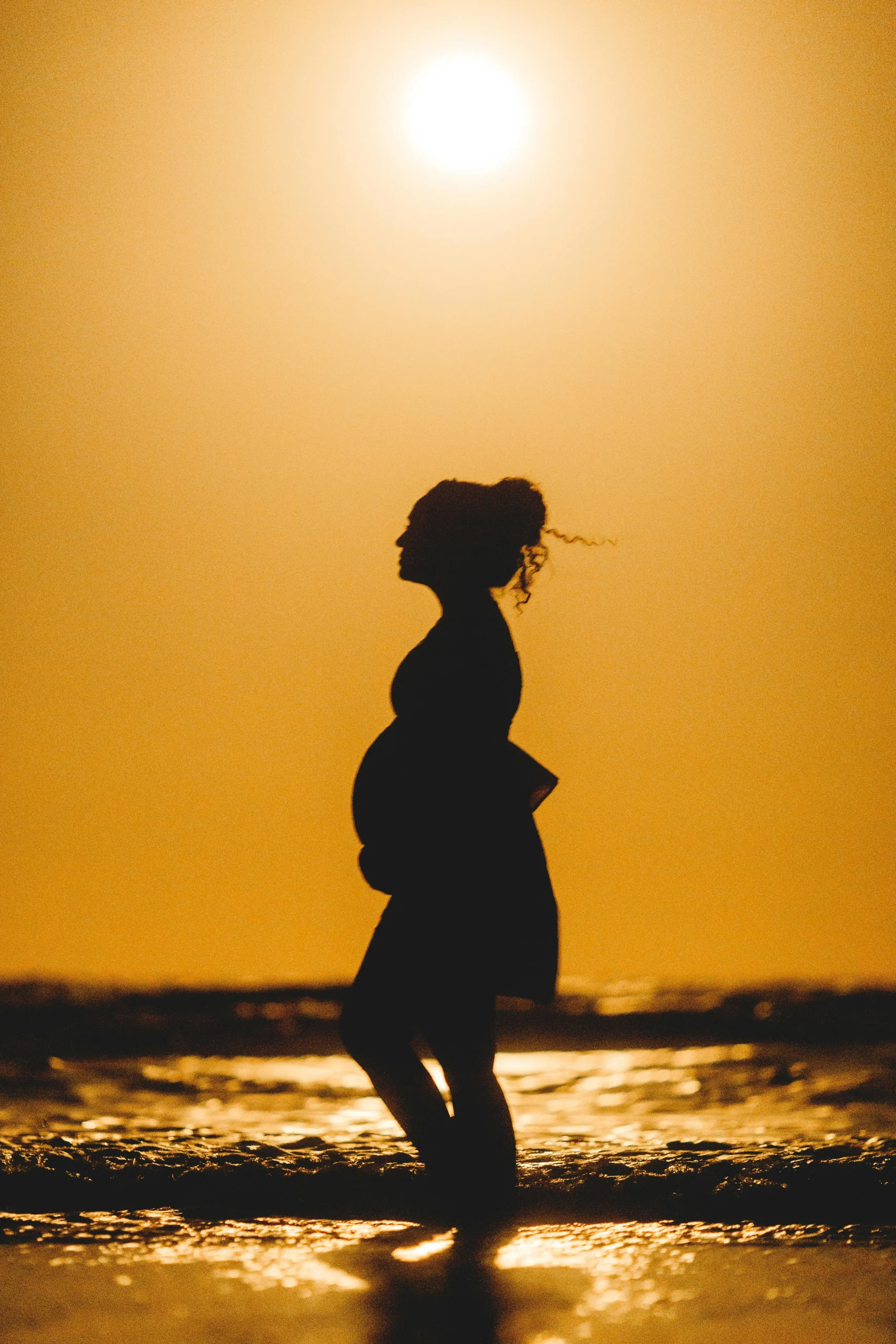“Can I please go?” I begged my mother over the phone. I was 14, on the brink of summer vacation, and it was a half-day at school. I wanted to visit a friend’s house—the popular girl with shiny black hair and a seemingly perfect life. My mother was hesitant, wary of the crowd I’d be joining.
My friend had an older brother—everyone’s crush—and a couple of boys from school were also invited. One was known for getting into trouble, while the other was her boyfriend. I didn’t share these details with my mother, fearing they’d only fuel her concerns.
Why did she get to enjoy so much freedom? She could have a boyfriend, stay out late, and even smoke in her room. I felt trapped under my mother’s strict rules, desperate to break free. Eventually, my mother relented, exhaling a long sigh, revealing her exasperation. I hung up and rushed to my friend’s house.
When I arrived, the boys were already there, ready to introduce us to alcohol. I had never tasted it before, but I thought a little wouldn’t hurt. I drank without realizing the impact it would have on my small frame. Soon, I found myself losing touch with reality, while my friend slipped away to be with her boyfriend. The stark contrast of our lives hit me hard; I couldn’t even talk late at night at my own home, let alone have a boy over.
My friend’s home was chaotic—her parents were embroiled in a bitter divorce. This tension morphed her into someone manipulative and power-hungry, using the situation to her advantage. I still remember the disturbing sight of her and her father exchanging knowing glances while her mother watched, powerless.
At that age, you feel invincible, convinced you can handle anything. But I quickly learned how wrong I was. Alone with two boys, I lost consciousness and only vaguely remember being in her brother’s room, the cool one who was adored by everyone. I was struggling to keep my balance when the troublemaker started to undress. I recall a moment of horror when I found myself in a closet with my friend’s brother, who asked a question that shocked me: “Do you suck dick?”
I was startled awake in a shower, disoriented and alone, as the troublemaker peeked in and laughed before leaving. My body was slumped against the cold tiles, and I became painfully aware of my appearance, my unruly hair contrasting sharply with the beauty of my friend’s.
When I finally gathered the courage to leave the room, I faced a group of familiar faces. My heart was racing, knowing I looked nothing like the idealized version of myself. I shuffled past them, hoping they wouldn’t recognize me, but deep down, I knew they did.
In retrospect, I don’t believe anything overtly physical happened, but the experience left an indelible mark. I gagged when pressured, which led to my being thrown into the shower instead of worse consequences. Fortunately, this incident didn’t become a topic of gossip, perhaps due to the timing of summer break or my unfortunate hairstyle. I was relieved to escape physically unscathed, but the embarrassment lingered.
Years later, when I heard about cases like Brock Turner’s, I felt a wave of sickness wash over me. I began to think about the “what ifs”—what if I hadn’t gotten sick? What if my friend’s brother hadn’t been rushed to hide the situation? It was unsettling to acknowledge how close I had come to a far worse fate.
As a mother now, I reflect on that day and the lessons it taught me. I want to instill in my daughter the importance of trusting her instincts and recognizing true friendship. I aim to teach her that real friends don’t pressure you into dangerous situations to prove your worth. Similarly, I want my son to understand the importance of consent and respect for others, ensuring he knows that taking advantage of anyone is never acceptable.
I lost touch with that friend over the years, and I often wonder about her brother. The last I heard, he was no longer the beloved figure he once was. As for the troublemaker, I’ve heard he’s still causing issues. The memory of that day continues to haunt me, reminding me how lucky I was that things didn’t escalate further. Almost does count in ways I never anticipated.
For more insights on navigating difficult experiences, you might find valuable information at Mount Sinai’s Infertility Resources or explore the importance of safe practices in family planning at Make a Mom and Intracervical Insemination.
Summary
The narrative reflects on a troubling experience from adolescence, highlighting the importance of trusting one’s instincts and recognizing the true nature of friendships. It serves as a cautionary tale about the consequences of peer pressure and the need for open discussions about consent and respect in relationships.
